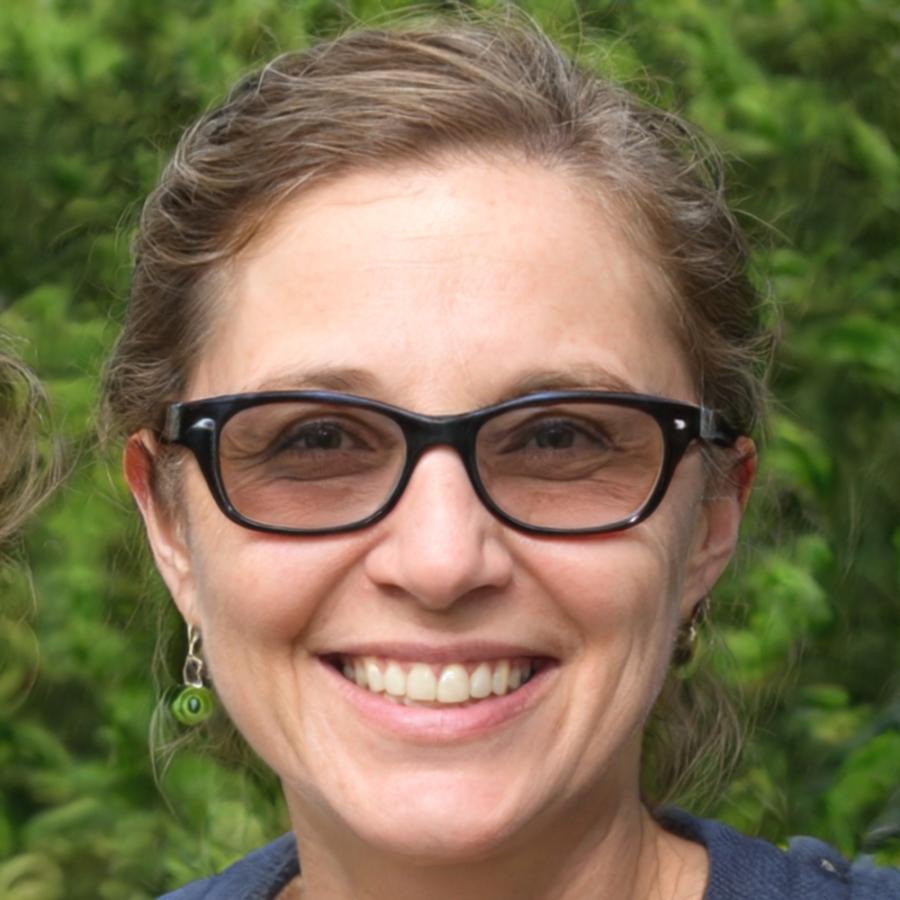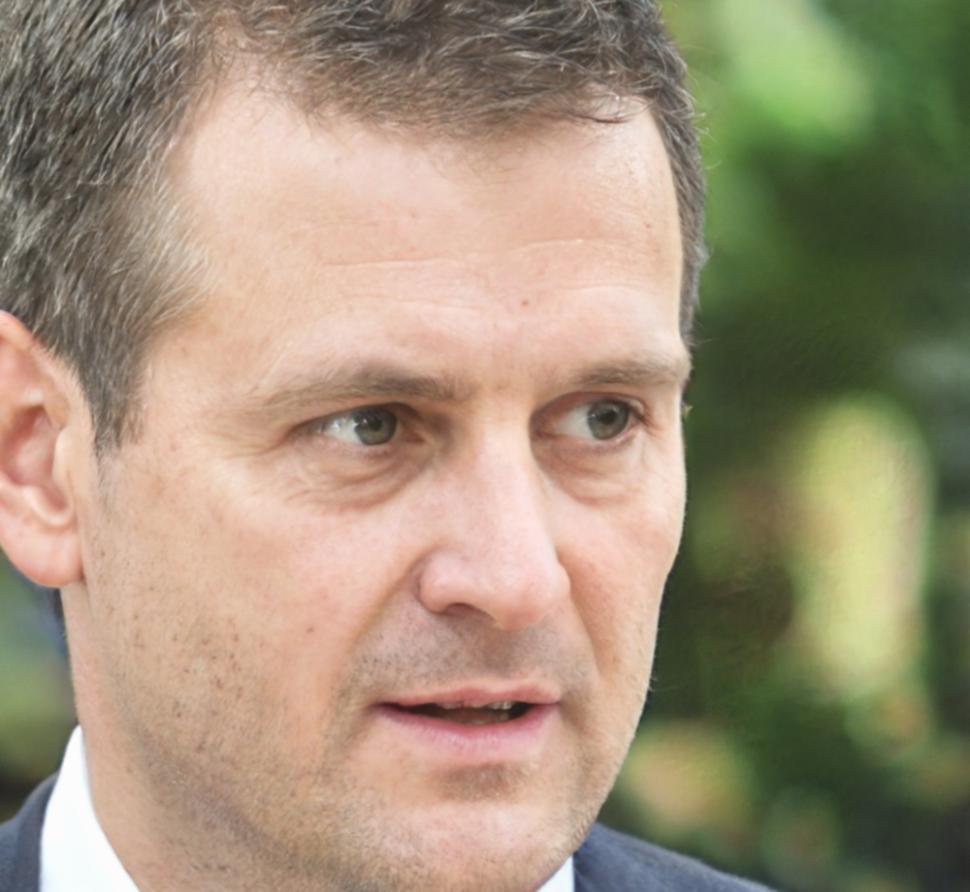Financial Scenario Modeling That Actually Works
Build sophisticated models to test market assumptions, stress-test portfolios, and make decisions backed by data rather than guesswork.
Beyond Basic Financial Planning
Most financial education focuses on budgets and basic investing. We teach you to model complex scenarios—what happens if interest rates spike? How does inflation affect different asset classes over time? These are the questions that separate informed decision-makers from everyone else.
- Monte Carlo simulations for portfolio stress testing
- Multi-variable economic modeling techniques
- Risk assessment across different market conditions
- Real-world case studies from recent market events
- Practical application to personal and business finance
Our Three-Phase Learning Approach
Foundation Building
Start with core modeling principles and mathematical frameworks. No advanced math background required—we build from fundamentals up.
Practical Application
Work through real scenarios using market data. Learn to identify key variables and understand their interactions in complex systems.
Advanced Integration
Combine multiple modeling techniques to create comprehensive financial analyses that account for uncertainty and changing conditions.
What Our Participants Say
"The scenario modeling techniques completely changed how I approach investment decisions. Instead of relying on gut feelings, I now run multiple scenarios to see potential outcomes. It's like having a crystal ball—not perfect, but infinitely better than flying blind."
"What impressed me most was the practical focus. Every concept was immediately applied to real market situations. By the end, I was building models that actually helped me understand complex market relationships I'd never considered before."
Program Structure & Content
- Statistical foundations for financial modeling
- Building scenarios with multiple variables and outcomes
- Understanding correlation vs causation in market data
- Stress testing techniques for different market conditions
- Behavioral finance factors in model design
- Software tools for scenario analysis and visualization
- Backtesting strategies and model validation methods
- Communication techniques for presenting model results
Ready to Start Modeling Financial Scenarios?
Applications for our September 2025 program open in June. Get detailed program information and reserve your spot in our next cohort.

